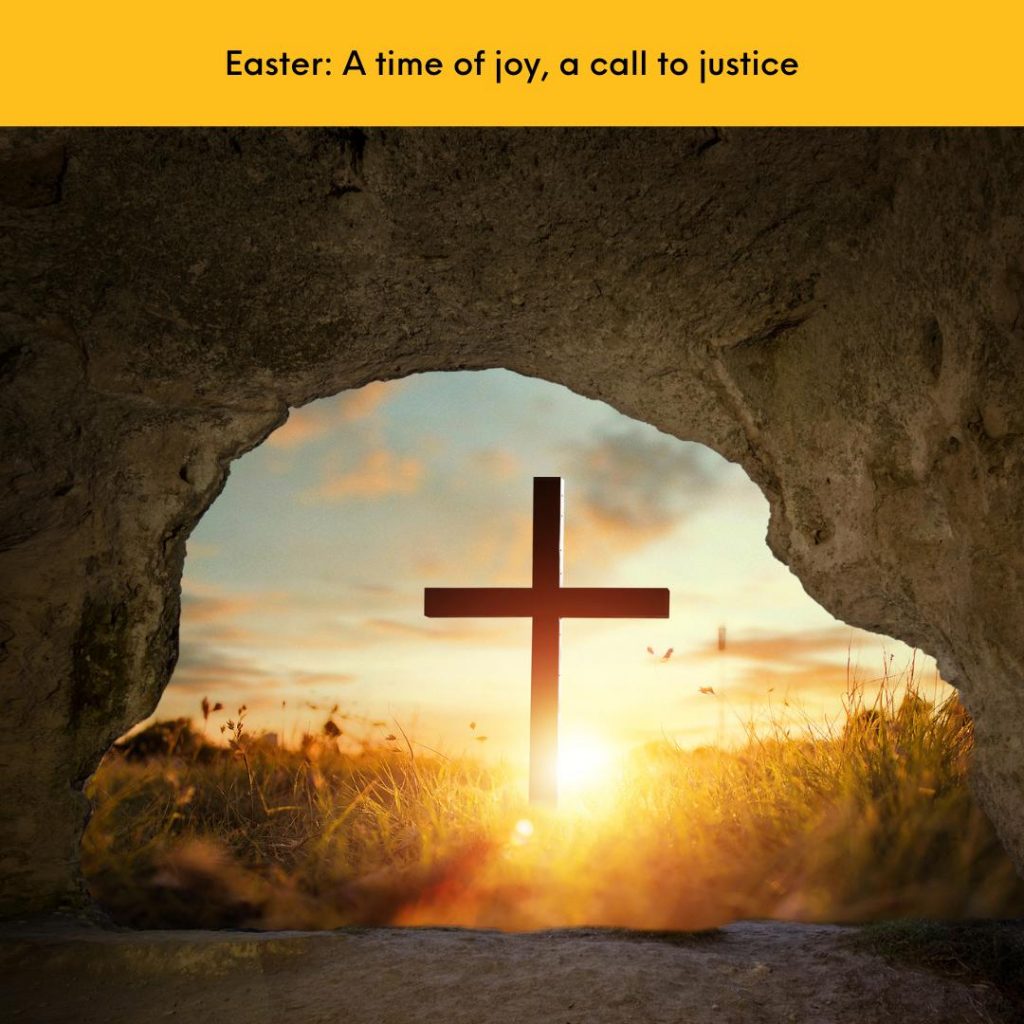
Published 21 April 2025, The Daily Tribune
Easter is a season of joy. Of light breaking through darkness, of hope triumphing over despair. It is the most significant celebration of the Christian calendar—a reminder that suffering is never the end of the story, and that from death springs life anew. But beyond the spiritual, Easter offers a message that resonates even within the realm of law: the promise of renewal, redemption, and restoration.
The law is not immune to human frailty. At times, it feels rigid, even punitive. But at its core, the law is also a moral force. It exists not merely to punish wrongdoing but to restore order, to promote fairness, and—when properly applied—to offer a second chance. Redemption is not an exclusively theological concept; it is deeply embedded in the legal system.
Our laws recognize that human beings are capable of change. The Juvenile Justice and Welfare Act is grounded on this premise—that children who falter should not be condemned to a lifetime of stigma. They deserve rehabilitation, not retribution.
In criminal law, the principles of probation, parole, and executive clemency are further manifestations of this hope. These are not loopholes or escapes from justice—they are carefully designed measures that balance accountability with mercy. They represent our legal system’s faith in the human capacity for reform.
Civil law, too, reflects this promise. The rules of court allow for motions for reconsideration, appeals, and petitions for relief—recognizing that error is part of the human condition. A flawed judgment is not final if there remains a path to set things right. Our legal processes, while precise and structured, do not foreclose the idea that justice sometimes requires another look, a second hearing, a fresh start.
Even the Constitution speaks of renewal. The preamble’s aspiration for a just and humane society, and the Bill of Rights’ protections for the marginalized, affirm that law is not static. It evolves, it adapts, and it must always seek to become better—fairer and kinder.
Easter is a fitting reminder for all of us in the legal profession. We are often asked to interpret rules, settle disputes, or enforce accountability. But we are also called to be instruments of healing. Justice without compassion is empty, and power without mercy is dangerous.
May this Easter season rekindle in us the joy of service and the hope that our work, however technical or difficult, can bring light to those in need.
Happy Easter, my dear readers.
For more of Dean Nilo Divina’s legal tidbits, please visit www.divinalaw.com. For comments and questions, please send an email to cad@divinalaw.com.

